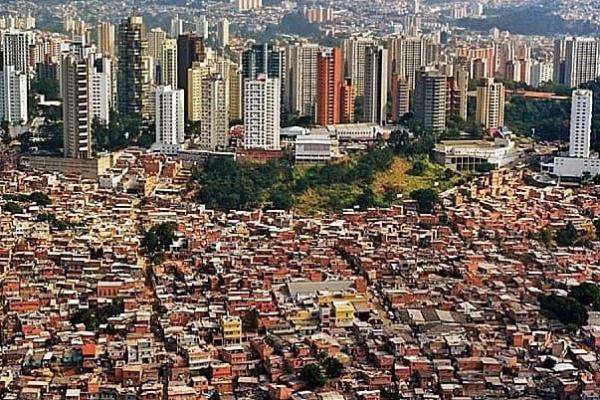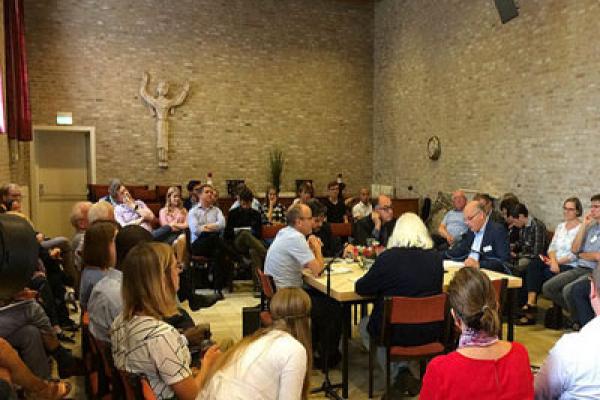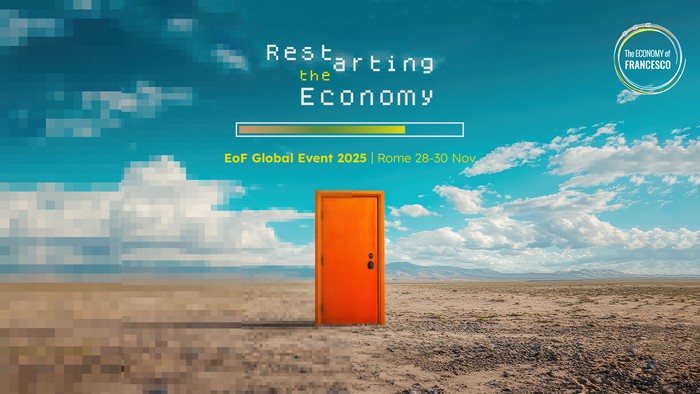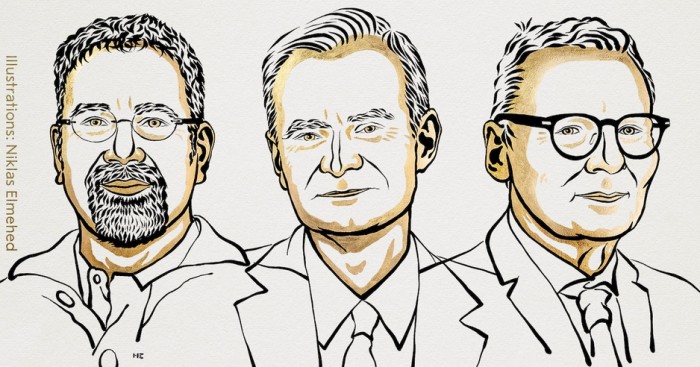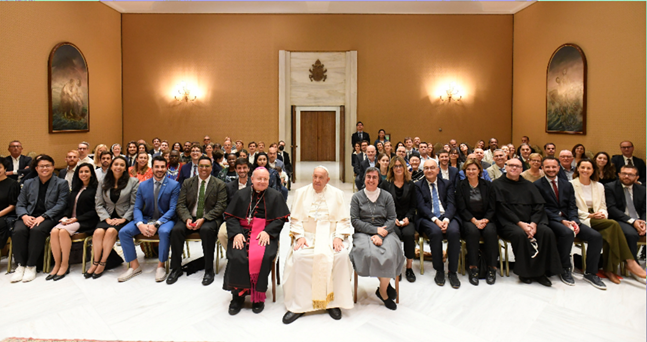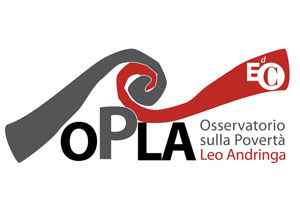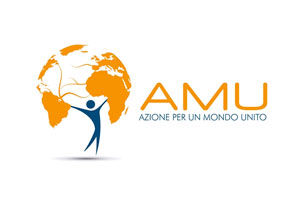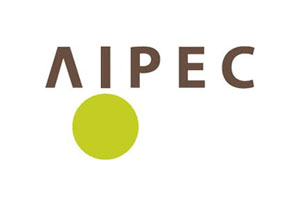#EoF: the Stories - Sisi Meng, professor of Economics at the University of Notre Dame (Indiana, USA) studies the still little-known effects of hurricanes and the rise of sea level on populations.
by Maria Gaglione
published in Avvenire on 04/07/2020
In recent years, the frequency of environmental disasters caused by climate change has increased, bringing with it serious consequences like human and economic loss, damage to food production, threats to ecosystems, and diminishing biodiversity. Global warming - as it is well known by now - has effects such as rising sea levels, increased heat waves and periods of intense drought, as well as floods and increased number and intensity of storms and hurricanes. These phenomena have (and will continue to have) an impact on millions of people, with even greater effects on those living in the most vulnerable and poor areas of the world.
Sisi Meng is Visiting Assistant Professor of Economics at the Keough School of Global Affair dell’Università di Notre Dame. "I received a Ph.D. in economics from Florida International University in 2016 and a master's degree in political economics from the University of Illinois in 2011. My research is in environmental and natural resource economics, with a focus on the economic aspects of climate change adaptation and natural hazard mitigation". Climate risks pose a widespread threat to financial, social and political systems.
In 2019, they were included in four of the top five global risks by the World Economic Forum. From destruction caused by extreme weather events to environmental degradation, economies are already experiencing the acute effect of climate-related risks. "My research work is intended to be a contribution to the discussion on the most effective environmental and social policies to protect the well-being of vulnerable populations. My studies address economic issues, human behaviour and interaction with the environment". Despite more institutional focus and increased awareness in terms of risk management, entire populations and communities remain particularly vulnerable to natural phenomena. It is therefore essential for public and private institutions, as well as individual actors in the system, to seriously consider climate risk management.
"I believe there are many opportunities today to implement significant and incisive proposals on environmental issues. But a systemic, interdisciplinary and global approach is needed: international efforts of environmental cooperation and local environmental management issues must be combined. I believe that the Economy of Francesco can also help us in this sense".
From energy to agriculture, development, socio-economics and geography, Sisi Meng has many interests. "I am currently working on several projects, including the study of household responses to sea level rise adaptation measures, the resilience of critical infrastructure following hurricanes and the socio-economic impact in coastal areas. All natural disasters," she explains, "have some features in common: they threaten life, destroy goods and infrastructure. However, they differ in terms of the type of danger to which humans are exposed and above all require different types of human intervention and mitigation activities. During my PhD I studied, for example, the impact of Hurricane Sandy in 2012 on families in the affected areas of Florida in the short and long term. These are empirical evidence-based studies that provide important input into the design of effective adaptation plans and mitigation policies for climate change induced risks. Although some sectors of the economy or geography have addressed these issues, there are still limited theoretical frameworks and little empirical evidence. A timely and interdisciplinary study is needed to fill these gaps".
A clear and conscious overview enables institutions, decision-makers, but also companies all over the world to tackle environmental damage and, above all, to formulate and implement effective intervention and prevention policies and strategies.









